New Delhi: After slogging for three years in a row, Rohit Negi landed his dream job at a public sector bank in 2017. Negi had left the corporate mad rush hoping to settle for stability, work-life balance, and a social reputation that a government job often brings to Indians. Fast forward 2024, he wants to go back to the corporate world. Life on the other side hasn’t been greener for him. The anxiety of unrealistic targets, performance pressure, long hours, monthly reviews, and occasional humiliation chase him 24*7.
“I think about quitting and changing my job all the time. I would even prefer to settle for a lesser salary. I want to escape from this pressure and constant stress. We have to do everything. It is not limited to banking anymore. Mutual funds, house loans, car loans, government schemes, calling clients — the list is never-ending,” said Negi, filled with frustration and surrounded by files and systems, sitting at his bank in central Delhi.
The 35-year-old is investigating the details of a 2005 loan case where the borrower defaulted on installments. It is just another added task to his job responsibilities, which include calling borrowers, visiting courts, and customers.
As a manager, his core responsibilities include opening high-net-worth individual (HNI) accounts, ensuring daily operations run smoothly and promoting loans and other financial products.
The enduring charm of government jobs in India appears to have waned over the past few decades as the nature of responsibilities expands in a new competitive economy. Working with a state-owned bank no longer means being in a cushy 9-to-5 job.
I think about quitting and changing my job all the time. I would even prefer to settle for a lesser salary.
– Rohit Negi, PSU bank employee
New-age bankers have steeper targets and ‘performer of the month’ award to chase which makes them stretch work for long hours, leaving less time for family. The culture gap between state-owned banks and private-sector lenders is bridging fast. Employees are feeling the heat with many complaining of high levels of stress even as the management launches new programmes to address their mental health. Staff shortage is another area many bankers complain about. But the toxic work culture hasn’t stopped the youth aspiring to join the banks in hordes.
In May, a video of a Canara Bank manager scolding employees in a Zoom meeting was shared widely on social media. “I don’t care about my family; I don’t care about my family at all. I care about Canara Bank. So, clear message to all: if, week-wise, Monday to Saturday, work is not happening, then on Saturday or Sunday, whenever there is a holiday, and if you do not respond kindly, things will be different for everyone, be it officer, chief manager, or AGM,” said the manager.
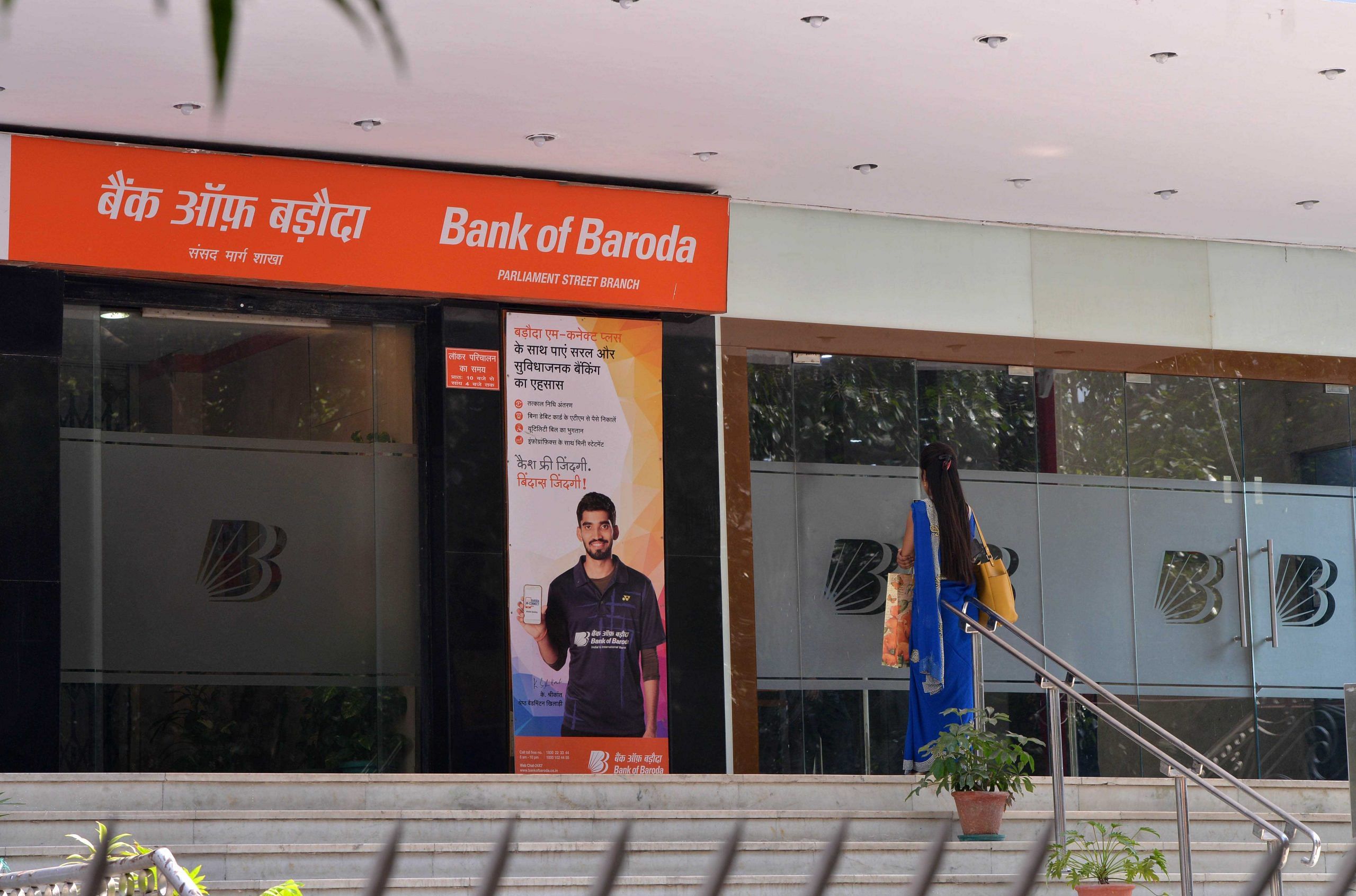
Amit Kumar, 30, also works at a government bank in the national capital and stressed the elusive work-life balance.
“At times I feel like I am a call centre employee, from 9 am I receive calls from all kinds of people in the management. Minimum 30-35 calls every day, half of which will give targets and the rest reminding me that I am useless.”
Also read: Urdu is the ticket to a govt job in this Rajasthan village. Even more than English
The pressure cooker job
Ashwani Rana worked for 37 years at Canara Bank before retiring as a General Manager in 2019. Rana, who was part of the bank union for nearly three decades, sees a direct connection between bank employees ending their lives and the ever-increasing targets.
At times I feel like I am a call centre employee, from 9 am I receive calls from all kinds of people in the management. Half of these will give targets and the rest will remind me that I am useless.
– Amit Kumar, PSU bank employee
“I am telling you with full responsibility that the number of such suicides across India is more than 500 in the last decade alone. The primary reason that we have come across is the pressure that is put on the bankers to achieve ‘targets’ by the senior management,” said Rana.
From opening Jan Dhan accounts to Jeewan Jyoti Surksha Yojana and Jeewan Jyoti Bima Yojna, bank employees work on every government scheme. Linking an Aadhaar card and PAN card to the account is additional work.
“When we work on such schemes we put aside the usual work for a few days and focus on these schemes on priority,” said Negi.
And there is private competition.
India’s economic liberalisation in the early 1990s saw a number of private-sector lenders enter the banking space. They were competitive, understood the market better and very soon made PSBs realise they couldn’t carry on with their business-as-usual, no-pressure approach. Private sector banking altered state-owned banks’ behavioural nucleus, bringing them closer to new market realities.
Rohit Negi is always on the lookout for potential customers — whether he is dropping his daughter or buying groceries. His latest challenge is finding a prospective customer wanting to take a Rs 20 lakh car loan.
“When my target isn’t met, I call up my friends and relatives for help in buying mutual funds, loans, etc. I have asked everyone for help. I have even dropped a text in the family group asking, ‘If anyone is buying a car, please ask me for loans’,” said Negi.
Negi has the pressure of selling a Rs 15 lakh car loan every 15 days. Additionally, he has to sell a housing loan of Rs 25 lakh every month.
Without his bank formally announcing a 9 to 9 banking, Negi is spending 12 hours every day at his Delhi located branch.
Banking is vast, and you cannot expect someone to know everything. Our workload has increased in recent years, and we often feel humiliated and insulted in meetings
– Rohit Negi, PSU bank employee
Arriving promptly at his Delhi bank at 9 am, Negi encounters a biometric machine. While the office’s standard log-out time is 7-8 pm, Negi often keeps working till 9 pm. But when he leaves the branch, he doesn’t punch out. A documented proof of late work hours is discouraged by the upper management.
Negi’s commitment to his job comes at a cost. He frequently misses family gatherings, friends’ birthdays, and anniversaries. “We only get to spend time with him on Sundays, but sometimes he has to work even then. It’s been days since we’ve gone out. He doesn’t spend enough time with our daughter,” lamented Babita Negi, his wife.
The senior manager has seen eight transfers across three states in the last seven years – Maharashtra, Haryana, Delhi. Now, he fears that upsetting the management could result in yet another transfer, which could adversely affect his daughter’s education as she has just started school. During every review meeting, his heart beats faster when it’s his turn to speak.
“Banking is vast, and you cannot expect someone to know everything. Our workload has increased in recent years, and we often feel humiliated and insulted in meetings,” said Negi.
When Negi joined the job, he didn’t anticipate how easy it would be for the management to terminate him.
A few weeks ago, a fellow banker at Negi’s branch mistakenly released the amount of a fixed deposit one day before maturity. The customer complained, alleging credit of a lower maturity amount. The management was quick to issue a warning letter to the employee, threatening him with disciplinary action. In some cases, such action ends in termination.
“It’s not easy to terminate, but it’s not hard either,” said Negi, adding that the banking work is prone to mistakes.
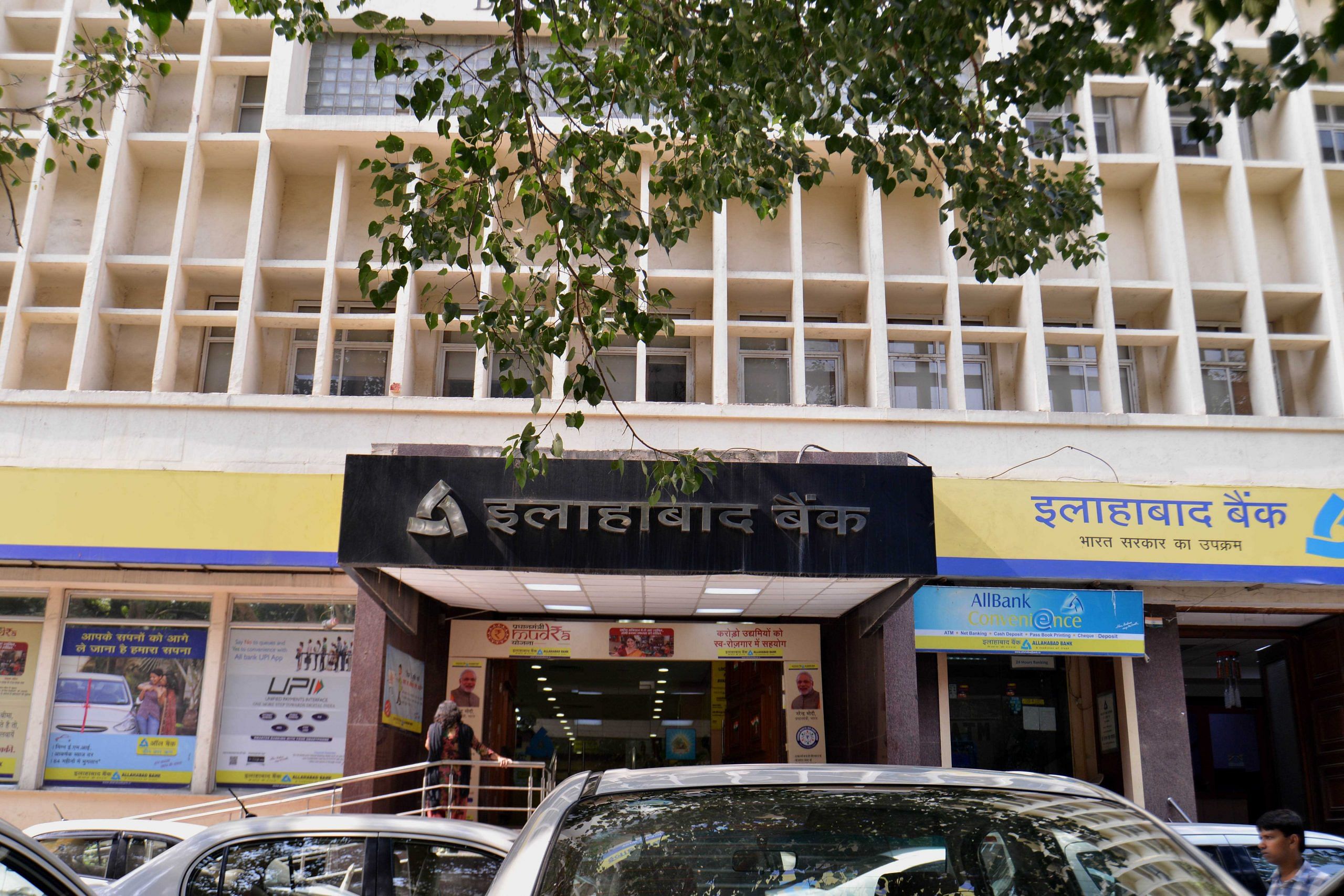
Several bank employees that ThePrint spoke to admitted facing threats of termination during review meetings.
“We often hear, ‘Don’t you love your job? Maybe you don’t like this location anymore? If you don’t get it done, you’ll have to work on weekends’,” said Negi.
Bankers said that things have particularly worsened since 2019 when the Narendra Modi government announced the merger of 10 public sector banks to improve operational efficiency and expand banking to meet the demands of a fast-growing economy. The exercise saw small lenders merge with the bigger ones, reducing the number of scheduled commercial banks in India to 12 from 27 in 2017.
In merged bank entities, those originally belonging to the bigger bank are given preference when it comes to promotion. They had their comfort zone, seniors knew them before and even at the gatherings, they cracked inside jokes and employees from the smaller banks felt insulted and left out, said Kumar.
The stress in the banking sector is also visible in the strikes undertaken by the bank employees against the government’s privatisation plans. They have demanded more recruitment in the banks to improve service quality.
In recent years, the banking landscape has changed significantly. The advent of computers eased manual paperwork that bank employees had to tackle but pressure evolved as the manpower needed to operate the baking software wasn’t recruited.
More technology, less staff
Before technology entered the banking space, bank branches used to witness higher footfall, with employees and customers having to do almost everything manually. However, the generation of bankers who have now retired, said that the sector faces staff shortage.
“Since the banking industry has become technology-based, they have thought of copying the private sector. But the customer base of both is different. Grade D jobs have almost ended at PSBs. There are fewer clerks. Banks feel that they have benefited by being officer-based, but it is not so,” said Rana. Presence of fewer Grade D staff brings delays to daily banking work.
“There is lack of staff in many places. If someone is transferred or retires, there is no replacement for them. The target has to be accomplished, but staff is not provided. The trade union of the bank is also responsible for this because they do not raise their voice openly,” he added.
With digitalisation, jobs have become easier but there are fewer people in the banks. “We still need human resources to work digitally,” said C H Venkatachallam, General Secretary of All India Bank Employees Association.
And there is envy towards the private sector banks.
“Despite 50 per cent market share in deposits the private banks are hardly contributing in implementing the government and social sector schemes but no one questions them,” said a senior member in bank trade union.
Bank employee association has been raising the staff crunch issue with the Indian Bank Association for some time, even going on strikes. The Khandelwal Committee, set up in 2009 to look into the human resource issues at public sector banks, recommended for officers-clerk ratio of 1:0.50 at urban centers and 1: 0.75 in semi-urban and rural centers.
“We have been opposing these recommendations. Though the number of officers in the PSBs is not adequate, it’s better than clerical positions. There is huge shortage of clerical employees,” said a senior member of All India Bank Officers’ Confederation.
The banking sector has also seen the weaponisation of transfer policy.
“Earlier, they used to do local transfers; now they do transfers only to scare, throwing employees from North to South. Whatever humanity there was, has ended from the banks,” said Rana.
There is lack of staff in many places. If someone is transferred or retires, there is no replacement for them. The target has to be accomplished, but staff is not provided.
– Ashwani Rana, former employee, Canara Bank
Then and now
Rambir Upadhyay retired in 2017 from the chief manager position at one of the PSU banks. He managed to marry off his three children with the income from his job. His journey as a banker, he said, turned out to be quite satisfactory.
“There was team spirit in our time. There was no room for humiliation or insults. I had time for my family and friends. I attended parent-teacher meetings for my children and even went on vacation, which is a little hard to imagine in current times,” said Upadhyay.
Between 2006 and 2013, a huge number of people in senior management retired. The existing talent pool at banks was not prepared to take over their jobs.
“Many junior managers got promoted to senior management without having the experience. So, to some extent, when you cannot handle pressure very successfully, you pass it on to the junior,” said a retired General Manager of Union Bank.
Upadhyay does not advise a job in banking.
“I see these viral videos and news about people getting humiliated in meetings. They are leaving the job. Now life has become hectic. Family time is important. I never suggest that young kids go for such jobs which take this much toll on their mental health.”
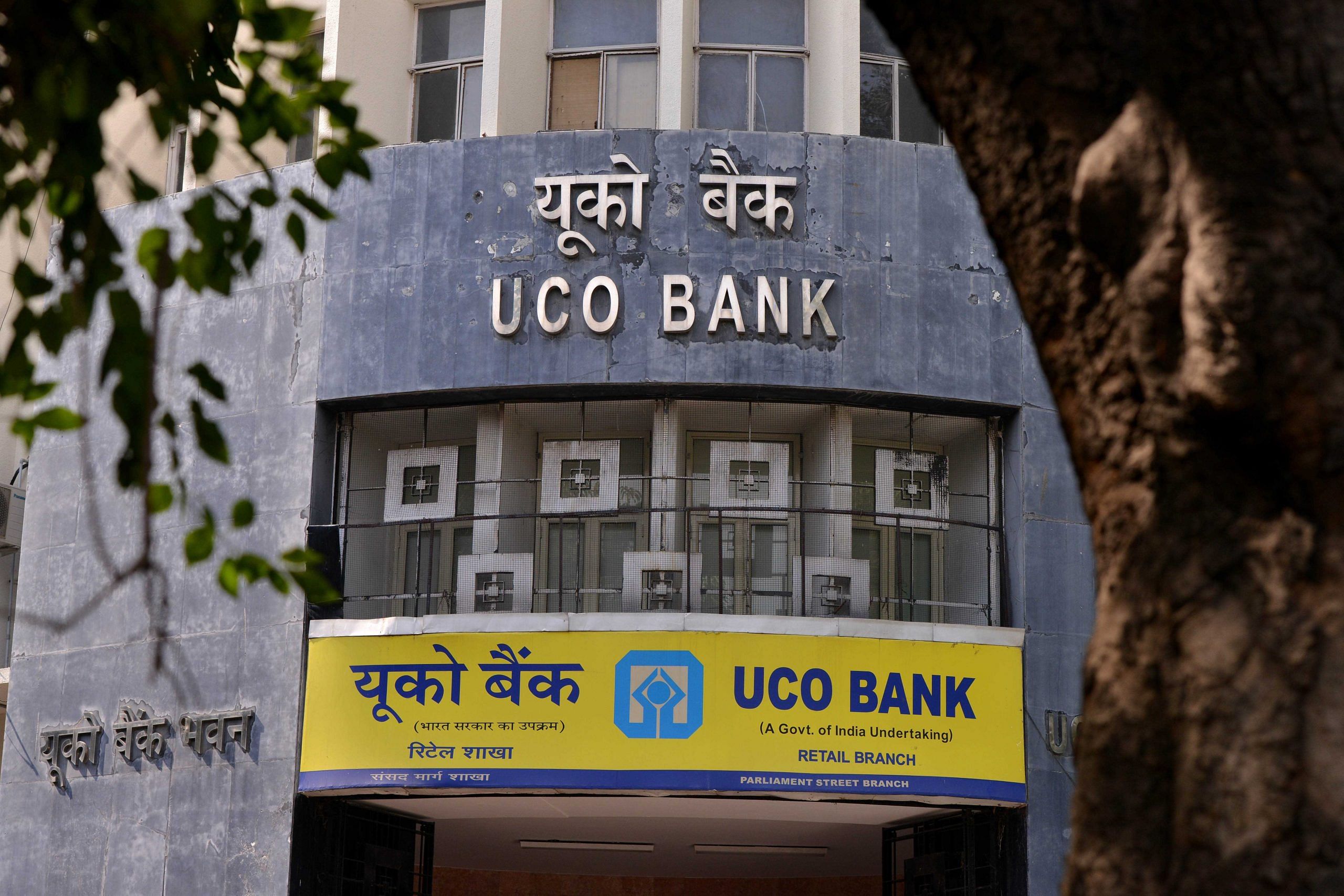
But some retired bankers said the banking job was never easy.
Sixty-six-year-old Brij Mohan retired as a general manager in 2018 from Punjab National Bank. In his career spanning over three decades, he worked in both rural and urban areas, including small towns. He was transferred frequently, worked late hours, walked to the bank, and wrote letters to customers.
“It was not easy back then either. The pressure was there. We had to write letters to customers, and sometimes we had to walk to the bank because there was no other way.”
But Mohan agreed the competition has increased with banks like HDFC and ICICI competing for business.
“There are also perks for bank employees, such as house rent, low-interest-rate loans, and job security,” he said.
Another retired senior banker ThePrint spoke to admitted banking always had targets but pointed at the addition of many new elements.
“The target culture existed before. But these extra activities such as selling mutual funds or other financial products came in around 17-18 years ago. The pressure has increased since then,” said a former chairman of the Union Bank on condition of anonymity.
I see these viral videos and news about people getting humiliated in meetings. I never suggest that young kids go for such jobs which take this much toll on their mental health.
– Rambir Upadhyay, retired from a PSU bank in 2017
To embed the culture of competition at these old government institutions, the management borrowed the concept of incentives from the corporate sector.
“Saying that if you meet X number of your figure, you get so much incentive, makes people put pressure on their juniors,” said another former banker who retired as a General Manager from Union Bank of India.
These incentives come mostly from bank employees selling third-party insurance. If they meet the targets, they get Rs 30 on every Rs 100 sale. It creates a very competitive atmosphere.
“Those who couldn’t match the targets feel lesser, even after doing their jobs,” said Negi.
Also read: Govt job in Jharkhand means corruption, cheating, exam delays, court cases—JPSC to JSSC
Still want to be a banker
News articles and viral videos highlighting the toxic work culture at India’s government-owned banks notwithstanding, students continue to aspire for banking jobs.
Coaching centres continue to witness admissions. And although some banking exams have seen a dip in the number of applicants, others remain consistent.
There has been a significant drop in the number of applicants for bank probationary officer positions. In 2017-18, the number of aspirants was 11.27 lakh, which dipped to 5.74 lakh in 2022, a near 50 per cent decline over five years. However, the number of applicants for the State Bank of India probationary officer positions remains constant, which is about 10 lakh every year in the last five years.
“There are not a lot of government job options for students. We are seeing growth in our admissions, and students are getting into banking jobs. Although students never apply for only one exam and prepare for other exams as well,” said Vaibhav Srivastava, General Awareness Educator at Adda247.
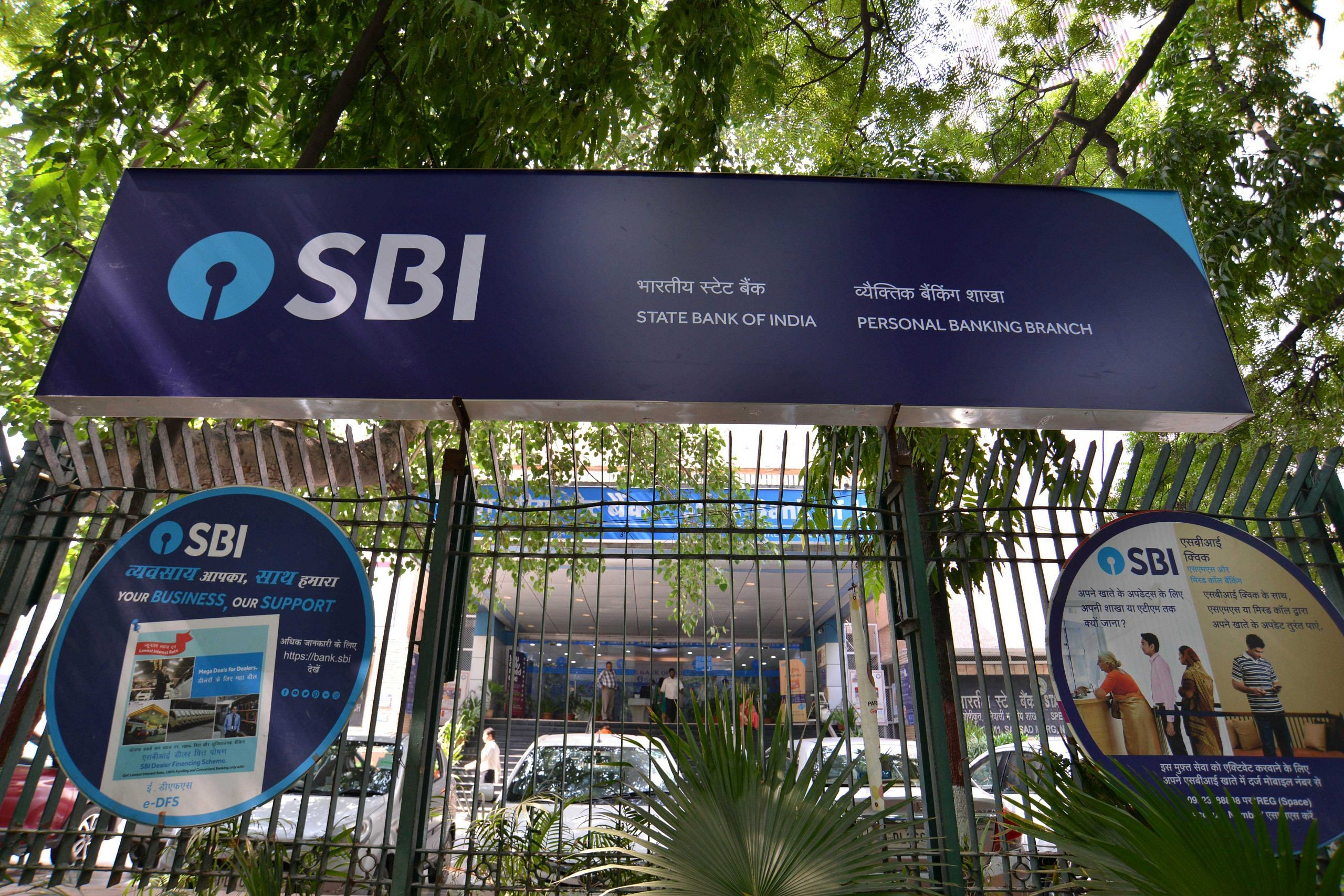
Twenty-two-year-old Mohini has been preparing for a job in banking for three years. But banking is not her only option; she has also applied for positions in railways, the RBI, etc.
“Having a job is better than sitting at home and being dependent on your family. There is pressure in every job, even in private jobs. But at least you will have perks and money after getting it,” said Mohini.
Having a job is better than sitting at home and being dependent on your family. There is pressure in every job, even in private jobs. But at least you will have perks and money after getting it
The perception battle
Social media and memes show what Indians think about the government lenders. A screenshot of actor Tiger Shroff from the film Heropanti is used to describe SBI’s work culture. The dialogue from the movie is altered to crack a joke on the bank. “Chhoti Bachchi ho kya samjh nahi aata, SBI Matlab lunch (are you a kid, don’t you know that SBI means lunchtime?).”
But banks are fighting that perception battle.
They are trying hard to break free from their image of being slow responders to customers’ needs. They are attracting customers by piggybacking on the image of new-age celebrities that crores of Indians associate with.
State Bank of India has Dhoni, Punjab National Bank has Virat Kohli, and Bank of Baroda has Shafali Verma as their brand ambassadors.
“SBI Badal raha hai, Kyon Ki hum badalte desh ke fan hai, (SBI is changing, we are fans of a changing country),” said Dhoni in one such ad.
When customers complain on social media about their grievances, banks reply to those complaints by giving them solutions or by taking their complaints forward.
A user raised a complaint in July on Twitter regarding cash stuck in an ATM and posted it on Twitter.
“Hello @canarabank @syndicatebank @HitachiATM @RBIteam. I am struggling to get my money back, which was stuck in the ATM during an unsuccessful withdrawal. I request @syndicatebank please look into the complaint I have raised with the bank. Please check the thread for further details,” the tweet read.
Within a few minutes, Canara Bank responded to the tweet.
“Hi Salman, we regret the inconvenience caused. We would request you to share your account details, contact details, and the IFSC of the branch via DM (Direct Message) to assist you better. Thank you!” replied the bank.
Social media has added another level of work to a bank’s profile. Customers are more aware and if they face any inconvenience, they are ready to use their phone.
“A few days ago a customer sent a complaint online on our platform and posted it on social media. Now one of our colleagues is in trouble. In this digital era, we have to be very very careful with customers,” said Negi.
We receive complaints of pressure, harassment, and insults from employees every month. We have arranged some counselling sessions for those employees who are experiencing severe stress
– a member of a leading PSU bank’s HR team
Also read: Private security is a top job creator in India. It’s a booming, recession-free business empire
Support is here
In November last year, Union Bank of India launched a mental well-being and physical wellness program for its employees. Meditation sessions and face-to-face as well as virtual counselling have been made available.
“We receive complaints of pressure, harassment, and insults from employees every month. We have arranged some counselling sessions for those employees who are experiencing severe stress,” said a member of a leading PSU bank’s HR team.
The HR quoted above said that out of the 20 people staff at their central Delhi branch, most are availing this facility.
“Now this profession has become demanding and more target-based. But that is how the industry is becoming now. It is not on the banks but on the government. The government should do something about this,” said the HR.
But employees said there is no internal system to raise the harassment by senior officers. “They know that nothing can happen to them because the Managing Director protects them. There is no other option apart from bearing everything and praying that things will improve someday,” said a PSU bank employee working in New Delhi on the condition of anonymity.
Thirty-three-year-old Amit Kumar works for Union Bank as a probationary officer and lives with his wife, daughter, and parents. In March, Kumar’s father had to be taken to the hospital and the doctor gave an appointment during the weekday. He couldn’t take the day off as he was burdened with office work.
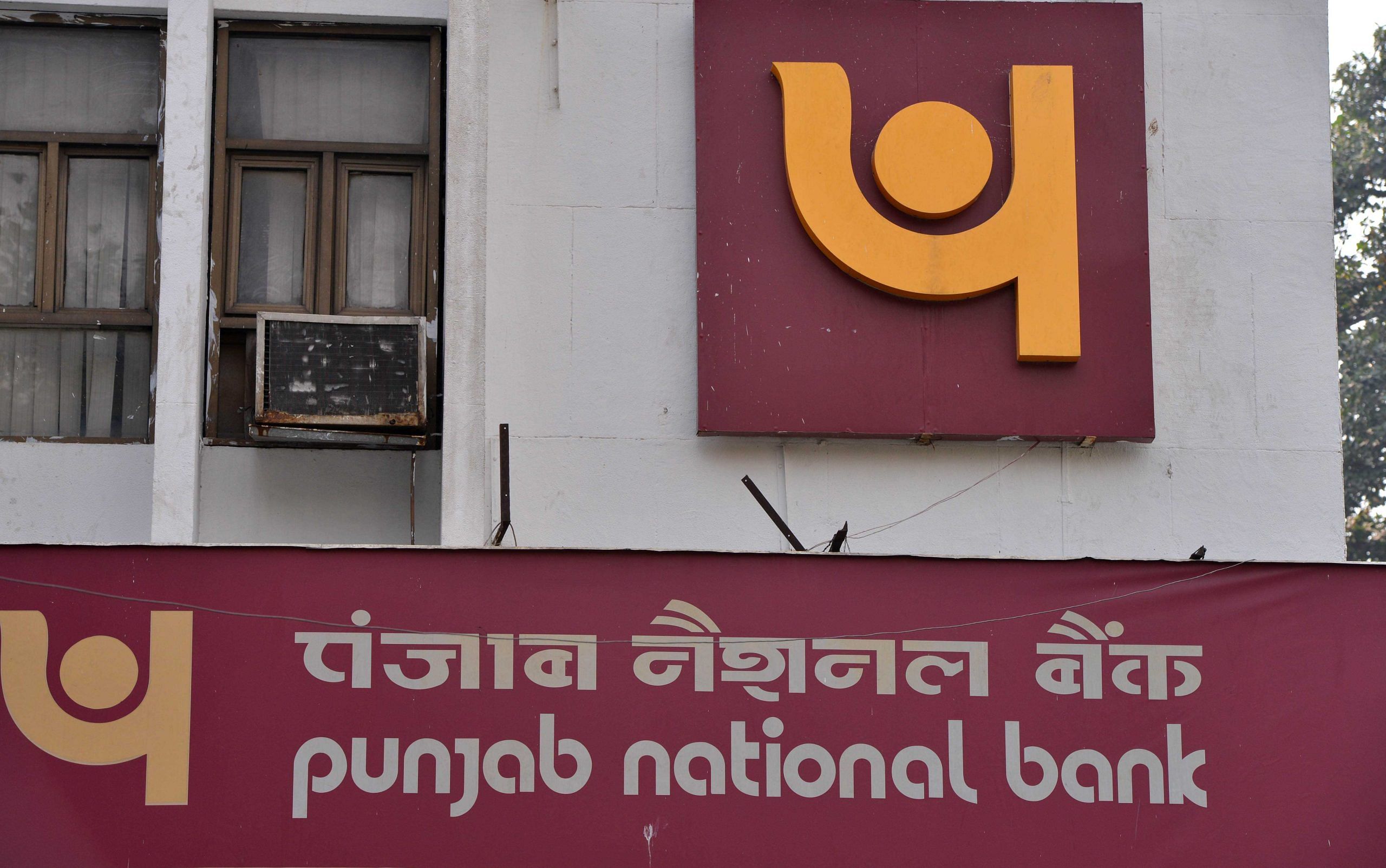
Even when his seven-year-old daughter wants him to take her to the movies on Sunday, Kumar can’t fulfill the promise.
“I want to take her to the movie but I just don’t have the time today. But that’s every bank employee’s life right now. This is the most difficult calculation that we can’t get right,” said Kumar.
The article is part of the SarkariNaukri series that tracks the changing nature of government jobs
(Edited by Anurag Chaubey)



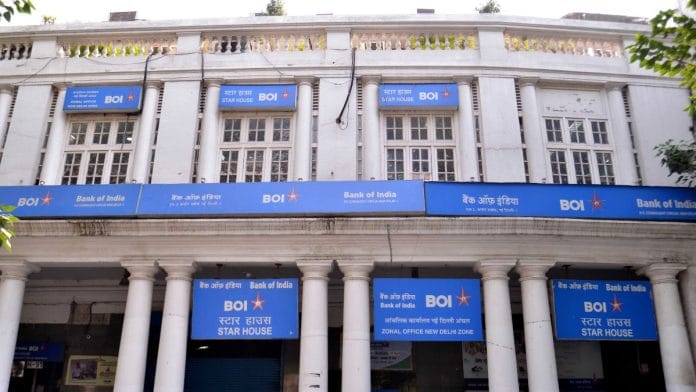



The FM is understood to have recently asked the PSB’s to concentrate on Core Banking. How could their top management still insist on dealing with non-banking issues like insurance?
It gets incumbent upon the Bank staff unions to take up the matter with IBA in right earnest. Mind you, there is a concept of Diminishing Marginal Utility in Economics, beyond which negative fall outs of any further streching beyond the optimum level are bound to usher in. So bank management should better watch out and let them get real before it gets too late. Perhaps, PSBs could hardly match the work culture of Private Sector Banks,.
Thank you so much for highlighting the critical and sensitive issues facing PSBs and their employees. Staff shortages are a key driver of rising pressures, leading to a decline in decision-making quality and services. Grateful for your coverage @ThePrintIndia.
Thanks for highliting this issue actually situation is worst in PSUs
Worked with ICICI Bank as Probationary Officer (Dy. Manager I) for over three years. Was posted at Satellite Branch in Ahmedabad.
The pressure was insane. Humiliation and insults from the management (Cluster Branch Manager, Regional Head, Zonal Head) was part of the day. At times, then RH, Mr. Rajesh Patel, would openly threaten us with termination and transfer to remote rural branches.
Every single day we were coerced into selling life insurance products. Life insurance and mutual funds made our life hell. The targets were totally unrealistic.
Had to report at branch at 8:30am sharp. Could get out of the branch only after 9pm. At times at 11pm.
I can count on my fingers the number of days when I could leave the branch before 9pm.
Pathetic management. Toxic work culture.
Thank God I got out of that hell!